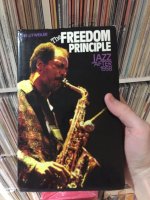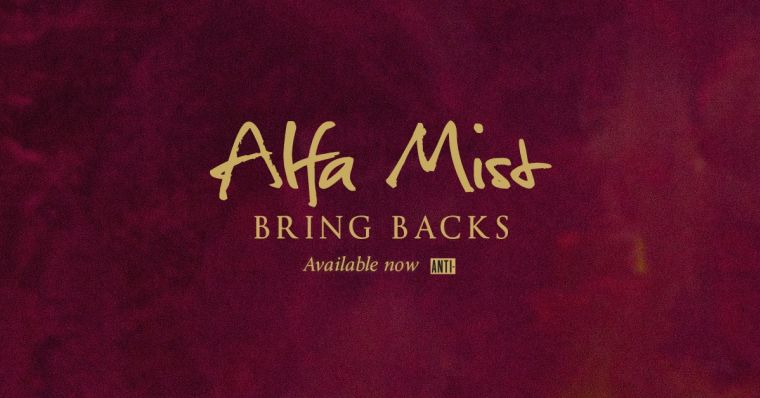Selaws
Well-Known Member
Im currently reading The Freedom Principle: Jazz After 1958 by John Litweiler which I picked up as part of a bundle from the estate of the jazz journalist/author Barry McRae. I stumbled across a really interesting fact (to me anyway!) which I never knew before, despite being pretty familiar with the performance it relates to.
As luck would have it, last week I listened to the 'An Evening With Ornette Coleman' box set which was recorded at Fairfield Hall in Croydon, London, on the 29th August 1965. Coleman was keen to keep clear of America at this point and spent 9 months touring Europe. This debut performance in Croydon shocked a lot of people as Coleman and his group played very little straight jazz, and instead focused on third stream, even having a classical woodwind ensemble play before his trio went on stage. I always assumed Coleman was just interested in studying Classical music at this point, but in actual fact it was a loophole he took advantage of to allow him entry to the UK. At that time the musician's unions were only allowing an exchange of sorts for jazz musicians (one British musician playing in America whilst one American musician plays in the UK). Coleman formed a woodwind quintet to gain the status as a 'Concert Artist', which didn't have the same restrictions and therefore allowed him entry.

As luck would have it, last week I listened to the 'An Evening With Ornette Coleman' box set which was recorded at Fairfield Hall in Croydon, London, on the 29th August 1965. Coleman was keen to keep clear of America at this point and spent 9 months touring Europe. This debut performance in Croydon shocked a lot of people as Coleman and his group played very little straight jazz, and instead focused on third stream, even having a classical woodwind ensemble play before his trio went on stage. I always assumed Coleman was just interested in studying Classical music at this point, but in actual fact it was a loophole he took advantage of to allow him entry to the UK. At that time the musician's unions were only allowing an exchange of sorts for jazz musicians (one British musician playing in America whilst one American musician plays in the UK). Coleman formed a woodwind quintet to gain the status as a 'Concert Artist', which didn't have the same restrictions and therefore allowed him entry.





